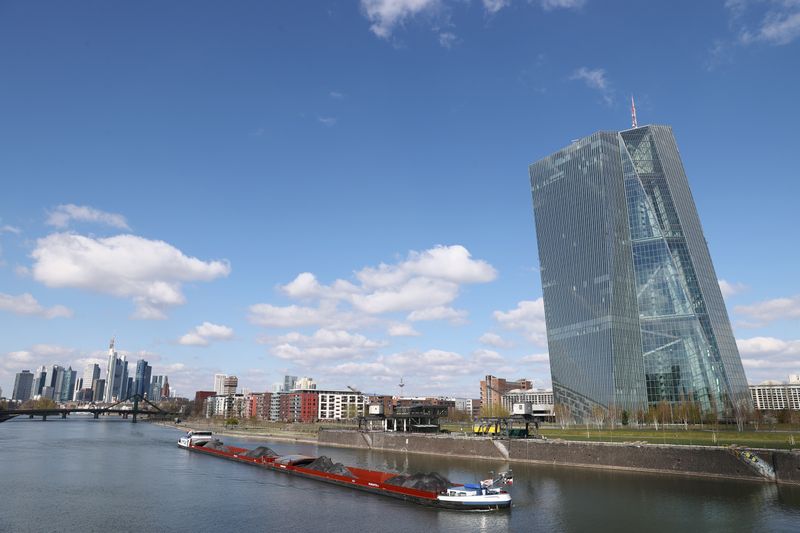This post was originally published on this site
https://i-invdn-com.investing.com/trkd-images/LYNXNPEI2D0FJ_L.jpg
FRANKFURT/LONDON/ZURICH (Reuters) -Swiss Re said on Monday it was not taking on new business with Russian and Belarusian clients and was not renewing existing business with Russian clients, as European financial institutions turn their backs on Russia.
The global reinsurer joins banks such as Deutsche, Goldman Sachs (NYSE:GS) and JPMorgan Chase (NYSE:JPM) which have exited Russia following its Feb. 24 invasion of Ukraine and subsequent Western government sanctions.
The moves will add pressure on others to follow.
In a statement sent via email, Swiss Re (OTC:SSREY) said that it was reviewing its current business relationships in Russia and Belarus.
The decision follows similar action by major European insurers and reinsurers, which provide cover for large projects such as energy installations.
Insurer Zurich no longer takes new customers in Russia and will not renew existing business, a spokesperson told Reuters on Monday.
Hannover Re said last week that new business and renewals for customers in Russia and Belarus were on hold, while Italian insurer Generali (MI:GASI) said earlier this month it would pull out of Russia.
Insurance broker Willis Towers Watson (NASDAQ:WTW) also said on Sunday it would withdraw from Russia, following similar moves by rivals Marsh and Aon (NYSE:AON).
Asset managers have said they will not make new investments in Russia and many Russian-focused funds have frozen because they are unable to trade following the sanctions and counter-measures taken by Russia.
Ukraine said on Monday it had begun “hard” talks with Russia on a ceasefire, immediate withdrawal of troops and security guarantees after both sides reported rare progress in negotiations at the weekend, despite Russian bombardments.
Russia calls its actions in Ukraine a “special operation”.
WINDING DOWN
Deutsche, which had faced stinging criticism from some investors and politicians for its ongoing ties to Russia, announced late on Friday that it would wind down its business there.
It was a surprise reversal by the Frankfurt-based lender, which had previously argued that it needed to support multinational firms doing business in Russia.
“We are in the process of winding down our remaining business in Russia while we help our non-Russian multinational clients in reducing their operations,” Deutsche said in Friday’s statement. “There won’t be any new business in Russia.”
Britain’s London Stock Exchange Group (LON:LSEG) also said late on Friday it was suspending all products and services for all customers in Russia, days after suspending the distribution of news and commentary in the country following new laws in Moscow.
“LSEG confirms it is suspending all products and services for all customers in Russia, subject to any regulatory requirements,” the company said in a statement.
“We continue to support our employees in the region. We are also engaging with our customers outside Russia who depend on us for data and pricing information inside Russia. We are evaluating alternative options to continue providing these services.”
Index provider FTSE Russell said on Monday it would delete four UK-listed, Russia-focused companies including Roman Abramovich’s Evraz after many brokers refused to trade their shares.
Evraz, along with Polymetal International, Petropavlovsk and Raven (NASDAQ:RAVN) Property Group, would be deleted from all FTSE’s indexes during the March review, it said in a statement.
FTSE Russell said it had received feedback from its External Advisory Committees and market participants that trading in the shares was “severely restricted” as brokers refused to handle the securities, hitting market liquidity.
“Consequently, this will prevent index trackers from replicating the ongoing inclusion of these names within the FTSE Russell indices,” FTSE Russell said.
JPMorgan says the majority of forecast risk for European banks from the Russia shock will come from commodity and economic spillover effects, with the sector down 16% since the end of February.
European banking stocks are off their lows, however, and rose 3.1% on Monday.

